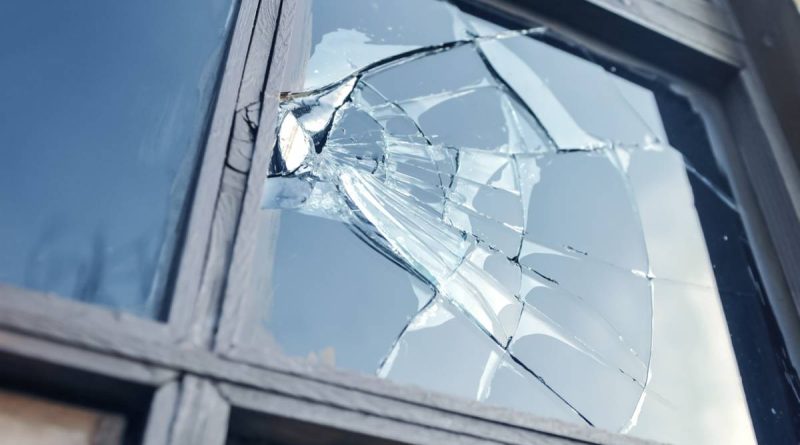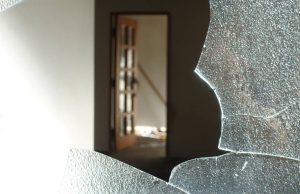Broken glass: the landlord or the tenant’s responsibility?
Occasionally, a claim arises in the context of a rental lease. Who is responsible for repairing or replacing damaged property: the owner or the tenant? This issue is one of the most frequent sources of conflict between landlords and tenants. It is often the result of ignorance of the law. In the case of broken glass, for example, who should pay for repairs, the landlord or the tenant? Here’s the information you need to answer this question.
Tenant or landlord: who should pay for broken windows?
In the event of broken glass, the tenant is responsible for paying the cost of repairing the broken glass. In fact, rental lease legislation is very clear on this point: the tenant is obliged to take care of the day-to-day upkeep of the property, and is therefore responsible for any damage that may occur. He is obliged to use the facilities (glazing, doors, windows, etc.) responsibly.
According to the relevant legislation, glass breakage can be considered a breach of the tenant’s maintenance obligation, whether or not the damage was caused intentionally. The law is the same for a window pane in a private tenant’s home as it is for a commercial tenant’s window. Barring rare exceptions, the cost of replacing a broken window is entirely the responsibility of the tenant, who must call in a professional to change the damaged glass. The lessor is obliged to provide the lessee with a property in good working order. As for the latter, he is obliged to keep the dwelling or commercial premises he rents in the same condition he found it when he moved in.
However, if the lessee can prove that the glass breakage is due to the age of the glass, for example, the lessor will have to pay for the replacement. The cost of repairing broken glass is also borne by the owner if the damage is due to force majeure. Apart from these exceptions, it is the tenant’s responsibility to pay the cost of broken glass.
Can insurance companies cover the cost of a glazier?
As a tenant, you are obliged to take out home insurance. In the event of glass breakage, you can claim compensation under your policy, unless you have taken out a basic policy with no options. Home insurance policies generally cover glass breakage, but take the time to read your policy to make sure it includes glass breakage cover.
This covers accidental glass breakage on doors, windows and all closing elements of a dwelling. This also applies to the glass panes on the veranda, for example. If your contract covers this type of repair, remember to report the claim within five working days of the incident. The amount of compensation depends on the plan you have taken out and the amount of the reimbursement ceiling.
Your contract may also provide for special repayment terms. In addition, all work to replace or repair broken glass must be carried out by an insurance-approved glazier. He has the necessary expertise to carry out a quality repair.
Please note that some claims are not covered by glass breakage coverage. This excludes scratches on windows and damage to glazing resulting from installation work. Similarly, glass breakage due to poor maintenance by the tenant or dilapidated windows (the landlord’s responsibility) is not covered by insurance.
Is it possible to repair a small crack instead of replacing the entire pane?
When it’s a small crack in your glass, it’s possible to repair it inexpensively, without having to replace it. For single-glazed units, you can apply epoxy or liquid cyanoacrylate glue to the crack to fill it.
If the crack is on double-glazed glass, one of these two techniques can also be used. However, the product must be applied to both sides of the glass. The use of polymer resin is another option for cracked double glazing. In any case, you need to be careful when repairing the glass to avoid enlarging the crack or breaking the pane. A professional glazier is strongly recommended.





